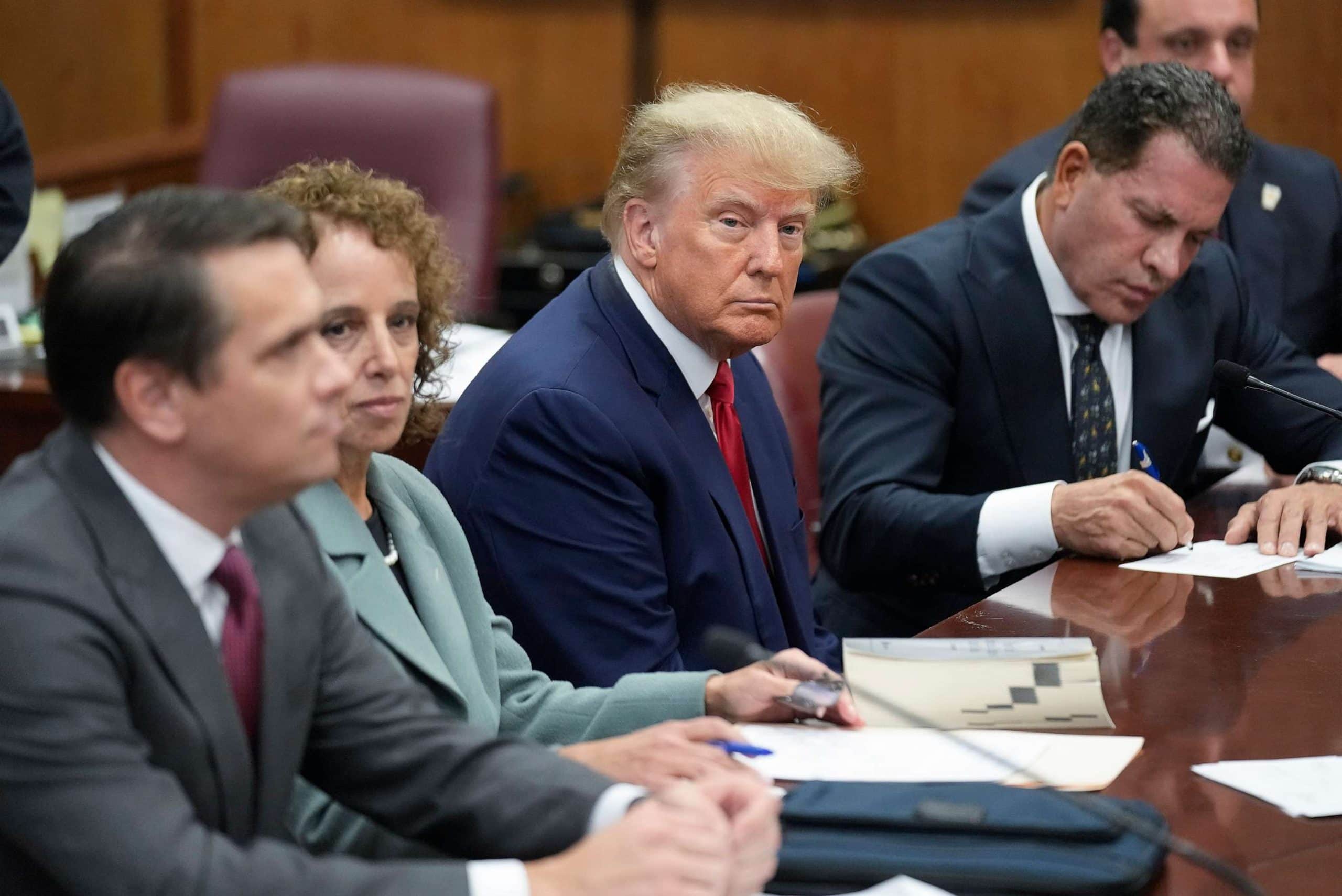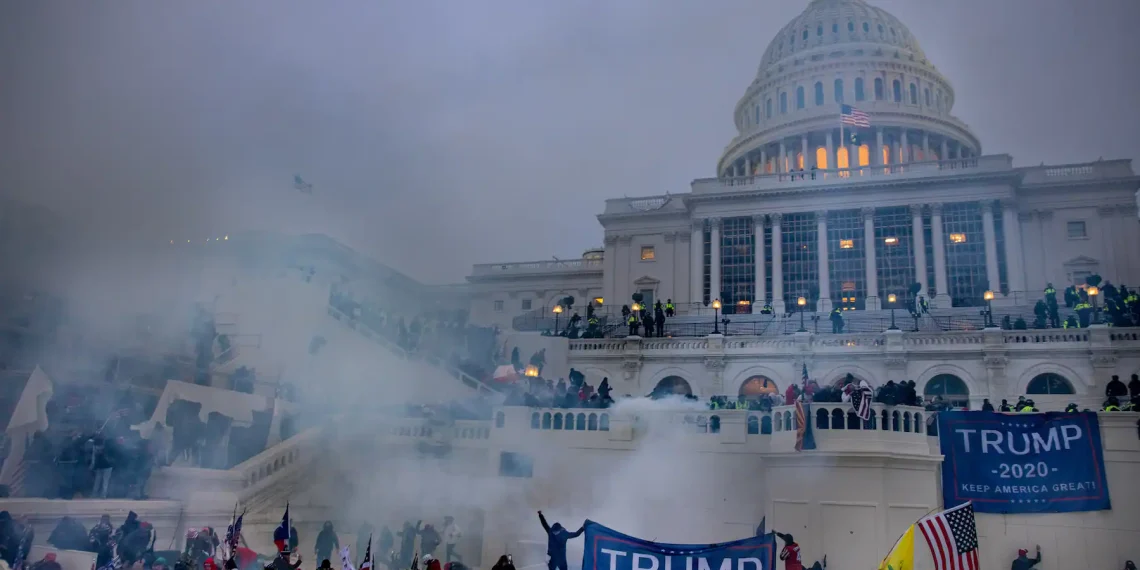Former President Donald Trump’s legal team took his fight against ballot disqualification to the U.S. Supreme Court, a case that could shape the upcoming November election. Trump appealed a lower court’s ruling that disqualified him from Colorado’s Republican primary ballot under the 14th Amendment, citing his alleged involvement in the 2021 Capitol attack.
The Amendment’s Section 3 prohibits individuals who engaged in insurrection from holding public office. Despite Trump’s three appointees on the bench, his presence at the hearing was not expected as he planned to campaign in Nevada.
This case presents the Supreme Court with a pivotal role in a highly contentious presidential contest. It parallels the landmark Bush v. Gore decision in 2000, underscoring the court’s influence in determining election outcomes. Additionally, the court may soon address another Trump-related case involving criminal charges stemming from his attempts to overturn the 2020 election.
The Colorado court’s ruling, part of a broader effort to disqualify Trump in multiple states, came amidst a contentious legal battle. Maine also barred Trump pending the Supreme Court’s ruling on the Colorado case. With the Republican primary scheduled for March 5, a swift decision is anticipated. Trump’s sole rival, former South Carolina Governor Nikki Haley, awaits the outcome.
Arguments center on whether the president qualifies as an “officer of the United States” under the 14th Amendment and whether courts have the authority to enforce such disqualifications. Trump’s defense maintains his innocence regarding insurrection charges. The Capitol attack, characterized by violence and Trump’s provocative speech, underpins the case’s gravity.

The Supreme Court’s eventual ruling carries far-reaching implications beyond Trump’s immediate political future. It could shape perceptions of accountability for the Capitol attack and influence discussions on presidential immunity from prosecution.
The plaintiffs, backed by a liberal watchdog group, argue that disqualifying the president aligns with the 14th Amendment’s intent. The court’s decision, whether affirming or overturning the lower court’s ruling, will significantly impact the electoral landscape.




